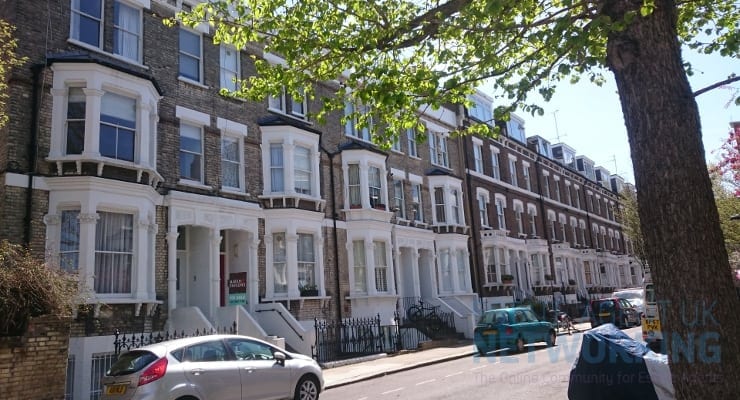How the Sharing Economy Is Impacting Residential Property in the UK
In a recent survey conducted by academics from the Warwick Business School, it was found that the sharing economy in the UK has risen by at least 60% within the past 18 months and amazingly, almost one-quarter of consumers use shared services at least once per month. With this rise in the popularity of such things as rideshares like Uber, the trend is bound to have an impact on residential property and economists are already seeing that trickle-down effect. So, what is the sharing economy in real estate and how does it affect residential properties? Here is some of what letting and estate agents should understand going forward.
A Broad Look at the Sharing Economy
Simply stated, the sharing economy is simply the practice of sharing services or assets between consumers, usually in the private sector, sometimes for free but typically for a fee. The object is to share what you have when you aren’t using it so as to earn an income, or better said, not waste valuable resources which could be put to use when you aren’t using them. The world has seen this with the literal explosion of Uber, as mentioned above, and now it has become quite popular to share one’s home, or a portion of it, which isn’t being used by family members.
Specific Examples of the Growing Sharing Economy Trend
As Uber is already mentioned and probably the most widely-recognised example of the sharing economy, it’s interesting to note how the trend is reaching into almost every aspect of our lives. Some specific examples of the sharing economy include:
- Rideshares – Uber and Liftshare
- Car rental – Zipcar and Easycar
- Places to stay – mondaytofriday.com
- Parking – Your Parking Space
- Meals – Eatwith and MealSharing
- Services – TaskRabbit and Parcelly
- Funding – Crowdcube
- Previously owned goods – Gumtree and eBay
Evidence points to the onset of the Great Recession as the point in time when the sharing economy gained such prominence, but the trend continues to grow even though the economy has recovered. Whether the general public simply wants to stretch their already thin budget by earning fees for sharing or whether they are looking for ways to save money by finding others willing to share, the trend has taken hold. There is no doubt about that.
The Sharing Economy in Real Estate
Interestingly, you’ll find a great example of how the sharing economy is trending in residential properties on sites like mondaytofriday.com, as mentioned above under the “Places to Stay” point. The concept is to let out unused rooms during the work week so that business professionals who would normally commute long distances to work would negate this need by ‘renting’ space in a family home or apartment.
The homeowner charges a fee which is typically much less than a hotel room would be and in the sharing of available space in their home, the homeowner is then able to offset the cost of running the household, including mortgages which must be paid regularly.
How Shared Ownership Factors In
Next on the list of ways in which the sharing economy has impacted residential property comes the whole notion of shared ownership. This is the government’s way of enabling first-time homebuyers to qualify for a mortgage because they will only be purchasing a percentage of the home from the Housing Association. While they will still need to pay a mortgage on the percentage they own, they will also need to pay rent to the Association on the portion of the home they are renting.
There are a few things to note here, one of which is the fact that even when their share of the home is paid in full, they will need to continue paying rent to the Housing Association unless they purchase the remaining portion of the property. Also, it’s important to know that this type of mortgage loan isn’t a buy to let mortgage so the only way to actually let out space is through a service such as the Monday to Friday lettings mentioned above.
Have More by Doing More with What You Have
The whole concept which has taken the world by storm is that it is entirely possible to have more by doing more with what you have. Any homeowner who has a room to let isn’t really breaking any regulations because they aren’t actually letting out the premises. They fall in that grey area somewhere between Buy to Let and simple homeownership.
Because a home under a mortgage loan is typically a leasehold, the rules of the mortgage may prohibit letting out the property. However, if you are simply charging a fee for sharing space you have available without leaving the residence, it doesn’t appear that you will be breaking any regulatory stipulations on your mortgage loan. This is something more letting and estate agents might want to consider as a service going forward. Monday to Friday has a novel idea and if more real estate managers were involved, the housing crisis just might not be as severe as it is. It’s an interesting concept, to be sure.









